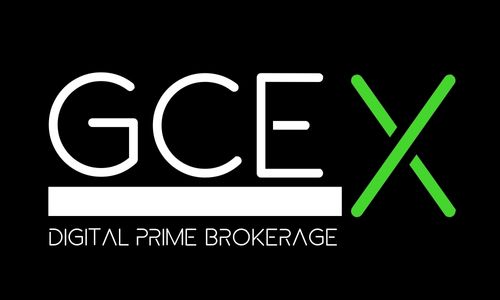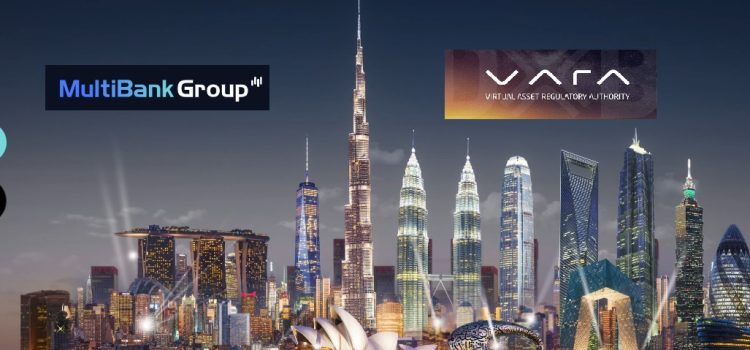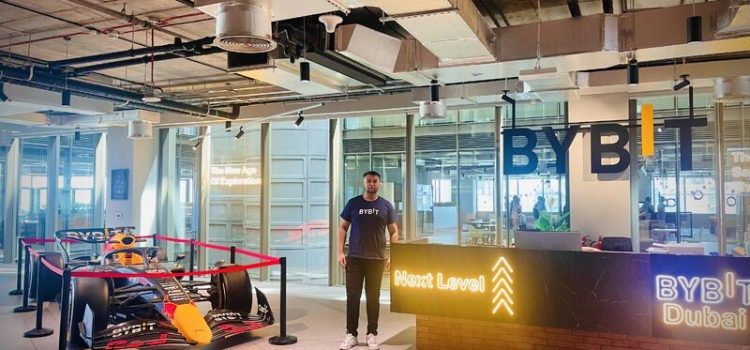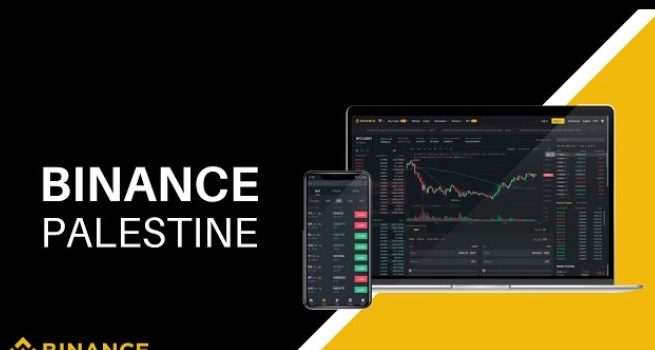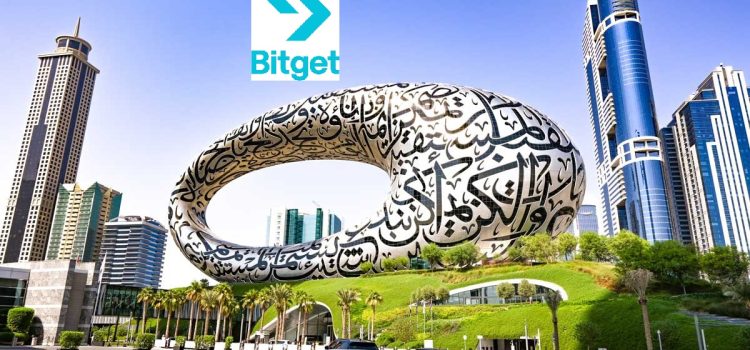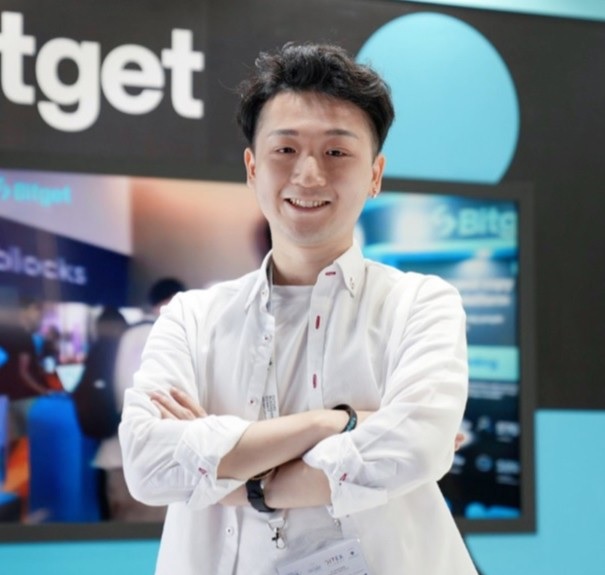In the past year the UAE has attracted not only international crypto exchanges but it has also attracted home grown GCC crypto players. One of these international crypto exchanges, which sits as the world’s 12th biggest exchange has also set its eyes on MENA and the UAE viewing UAE as a unique jurisdiction.
BITGET Aka Leung, country manager asserts that UAE’s approach to crypto regulation differs from other jurisdictions, emphasizing the uniqueness of each.
Crypto regulations UAE, Hong Kong, Singapore
Speaking to Lara on the Block, Leung explains that UAE has progressively been embracing cryptocurrencies and blockchain technology positioning itself as a hub because of its favourable regulatory environment which allows citizens and residents to own, trade and invest in cryptocurrencies.
Leung affirms that Hong Kong and Singapore have taken a different approach than that of UAE. He states, “Hong Kong has been developing guidelines for cryptocurrency exchanges under its Securities and Futures Commission, striving to balance innovation and investor safeguarding. Meanwhile, Singapore has established a clear regulatory framework through the Payment Services Act, promoting a conducive environment for fintech and blockchain companies.”
He believes that each region has its unique regulatory approach that balances innovation and investor protection and market stability. He adds, “It is essential for industry stakeholders to navigate these diverse regulatory environments to ensure compliance, foster innovation, and build trust within the global crypto community.”
Crypto Growth in GCC
When it comes to the growth of crypto in the GCC (Gulf Cooperation Council) region Leung has seen an increasing interest in not only cryptocurrencies but blockchain technology as governments and businesses explore these applications and their benefits.
Yet he explains that governments in the GCC market should provide clear and comprehensive regulatory frameworks. He explains, “To further stimulate the growth of crypto in the GCC market, regulatory frameworks need to tailor to the unique characteristics of cryptocurrencies that can enhance investor confidence and industry development.”
This should be coupled with “Education and Awareness” about cryptocurrencies and blockchain technology among the general public, businesses, and policymakers.
UAE Stablecoin regulation for crypto exchanges
UAE Stablecoin Payment Token Services Regulation came out laying down the rules and conditions by the Central Bank of UAE for licenses pertaining to payment tokens, not allowing algorithmic tokens to be included and only allowing foreign stablecoins to be used to purchase virtual assets, while the AED dirham stablecoin became the only stablecoin to be allowed for payments in the country.
While this is an advancement when it comes to utilizing the AED stablecoin as a legal tender, the question remains how can centralized crypto exchanges do with this new regulation?
Leung believes that centralized crypto exchanges can enhance the credibility of cryptocurrencies and the crypto exchanges themselves by adhering to the UAE Central Bank stablecoin regulations.
He notes, “Operating with regulated stablecoins demonstrates a commitment to compliance and regulatory standards, fostering trust among users and regulatory authorities. It will Increase the “Market Access” The acceptance of stablecoins as legal tender for payments within the UAE expands market access for crypto exchanges.”
According to Leung the UAE stablecoin regulation opens up new avenues for users to engage with cryptocurrencies, promoting adoption and usage across various sectors. He says, “This is a bridge from traditional finance to digital finance.”
Bitget expansion in MENA
Bitget crypto exchange has embraced the MENA region not only by supporting the Arabic language on its website and mobile application in 2023, but also by partnering with crypto payment solution provider allowing users to buy and sell crypto using various local currencies including, AED, EGP, SAR and others.
Currently Bitget is engaged in establishing trust with users and regulatory bodies as it paves the way for the long-term sustainability and growth.
He adds,” We are still exploring license applications to operate in the MENA markets.”
Crypto Exchanges and UAE’s digital economy
During a recent meeting of the G20 Labour and Employment Ministers’ meeting in Brazil, Shayma Al Awadhi, assistant undersecretary for Communication and International Relations at the UAE Ministry of Human Resources and Emiratization (MoHRE), said the UAE is expected to invest $20 billion in digital technologies such as information technology (IT), telecommunications, artificial intelligence (AI), the Internet of Things (IoT), blockchain, and robotics over the next three years.
The UAE also noted during the G20 meeting that it aims to double the digital economy’s contribution to its GDP from the current level of 9.7 percent to 19.4 percent over the next 10 years.
The acceleration of digital economy’s contribution to UAE’s GDP is intertwined with the growth of digital assets, tokenization, crypto, and stablecoins.
The role of regulated crypto exchanges will be strong.










